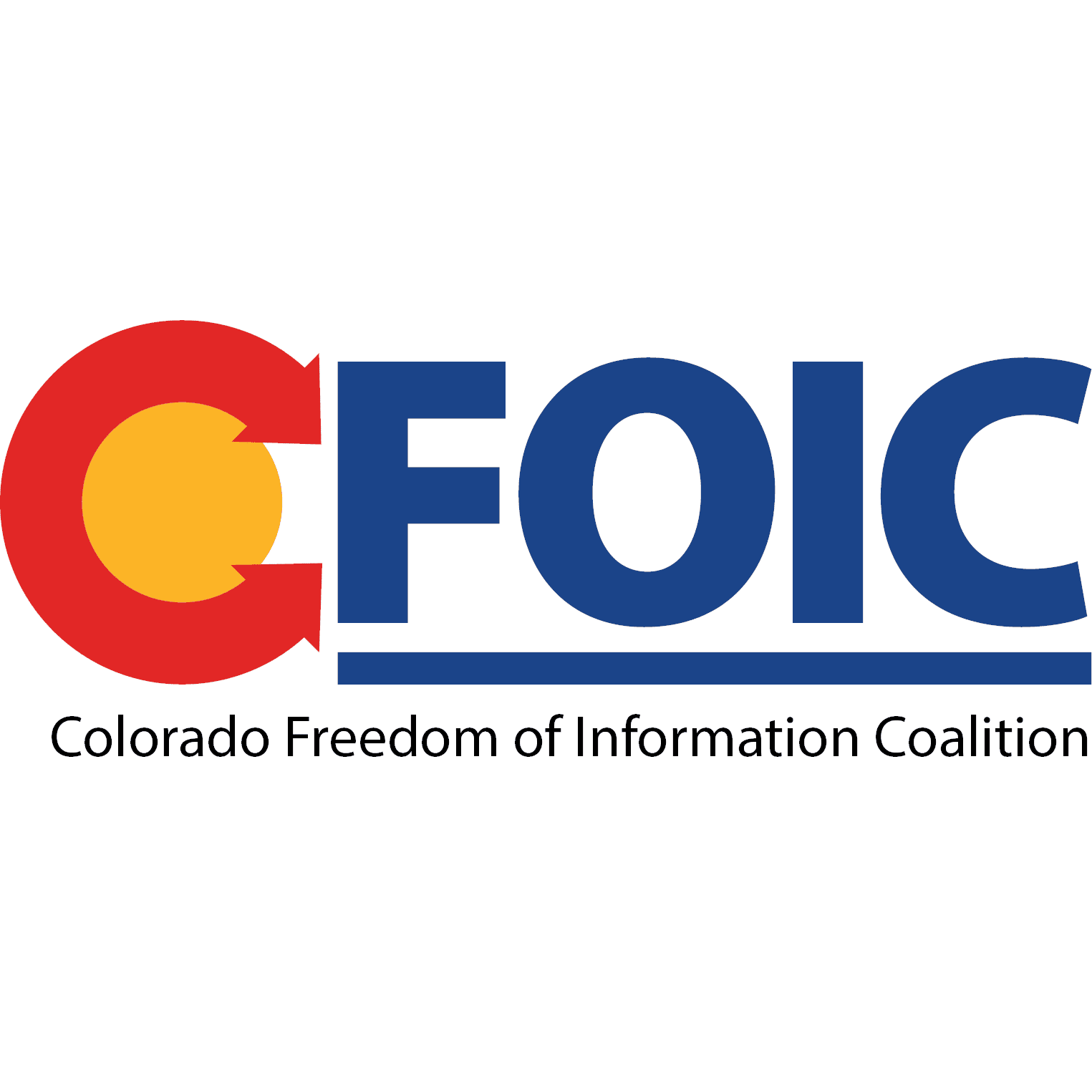Gov. Jared Polis’ signature on Senate Bill 23-286 Tuesday will change the Colorado Open Records Act in some small but important ways when the measure takes effect in early August.
Here are some things to know about what the CORA bill does — and does not do.
Per-page fees. Records custodians can no longer charge a per-page fee for records provided in digital formats such as PDFs. The Colorado Freedom of Information Coalition has long maintained that the maximum 25-cents-per-page fee authorized in CORA is for “standard page” paper copies, not the creation of PDFs. Still, some government entities have insisted on charging 25 cents per page plus hourly research-and-retrieval fees for digital copies.
Research-and-retrieval fees. Despite efforts by CFOIC and the Colorado Press Association to get lawmakers to address the often-high cost of obtaining public records in Colorado, SB 23-286 does not affect the fees government entities are allowed to charge for processing records requests, including the time it takes to pull, review and redact records.
CORA currently lets records custodians charge up to $33.58/hour after the first hour, which must be provided for free. When that rate is multiplied by many hours, public records can get expensive — and are sometimes unaffordable — for journalists and the public. Because of inflation, the maximum research-and-retrieval rate could rise to $40 or more when Legislative Council recalculates it on July 1, 2024, as the law requires.

